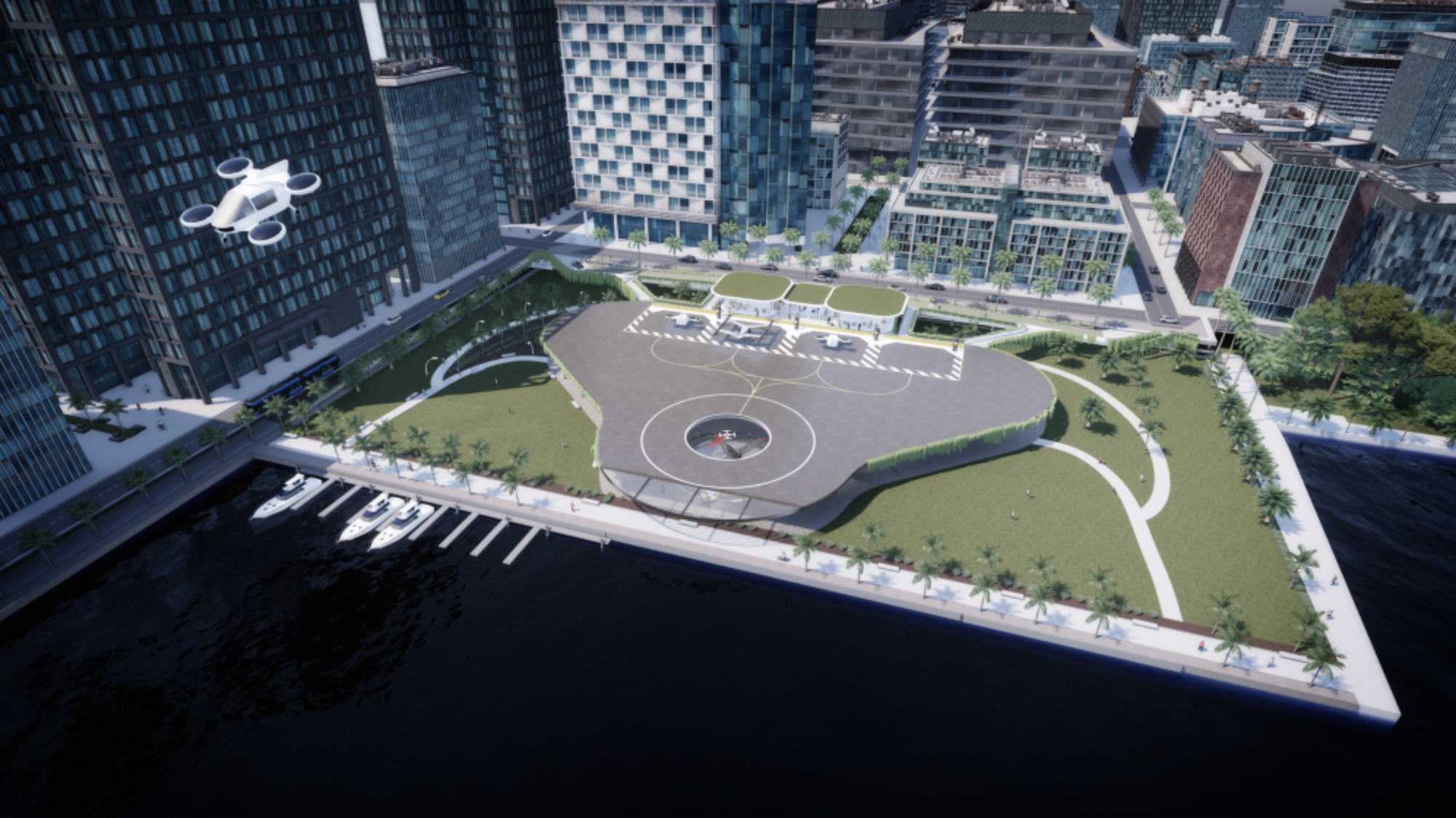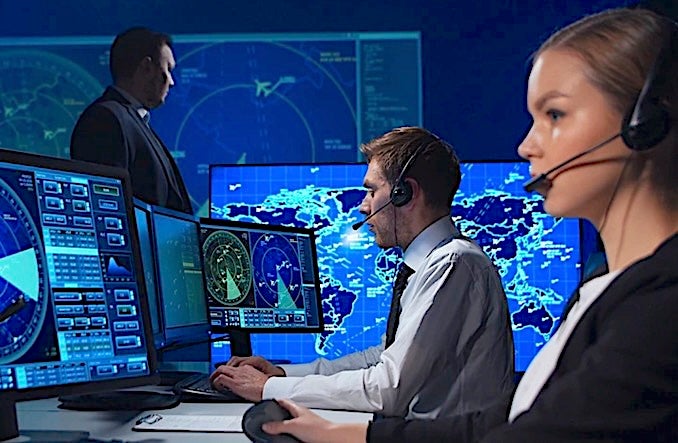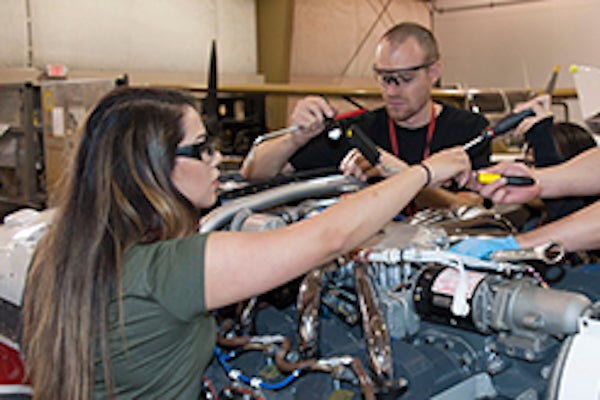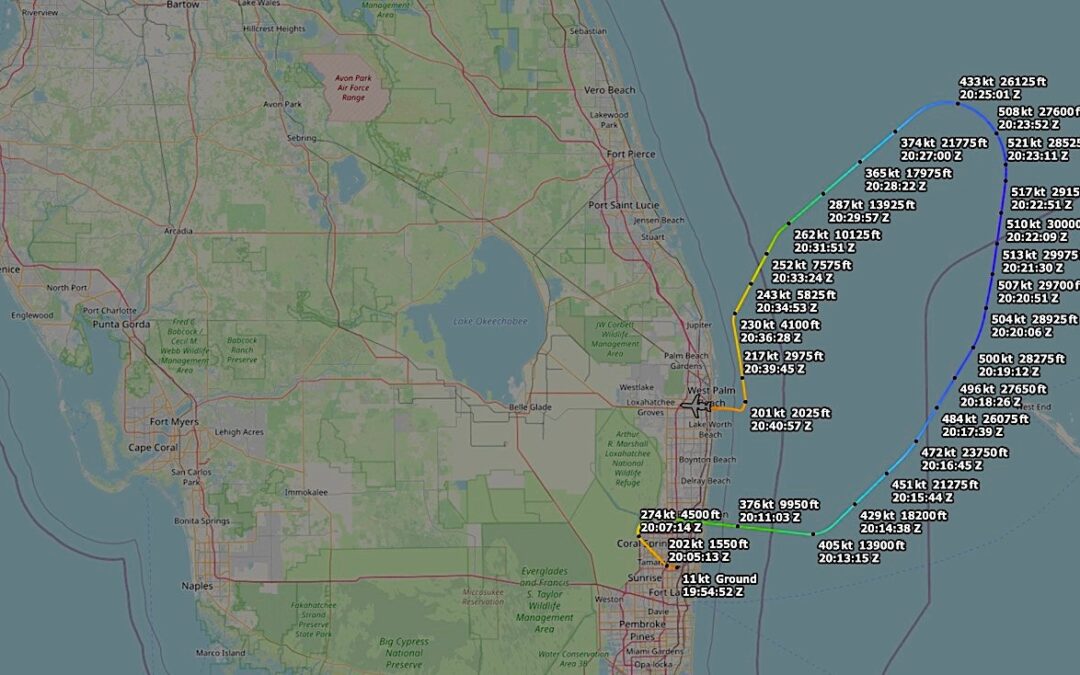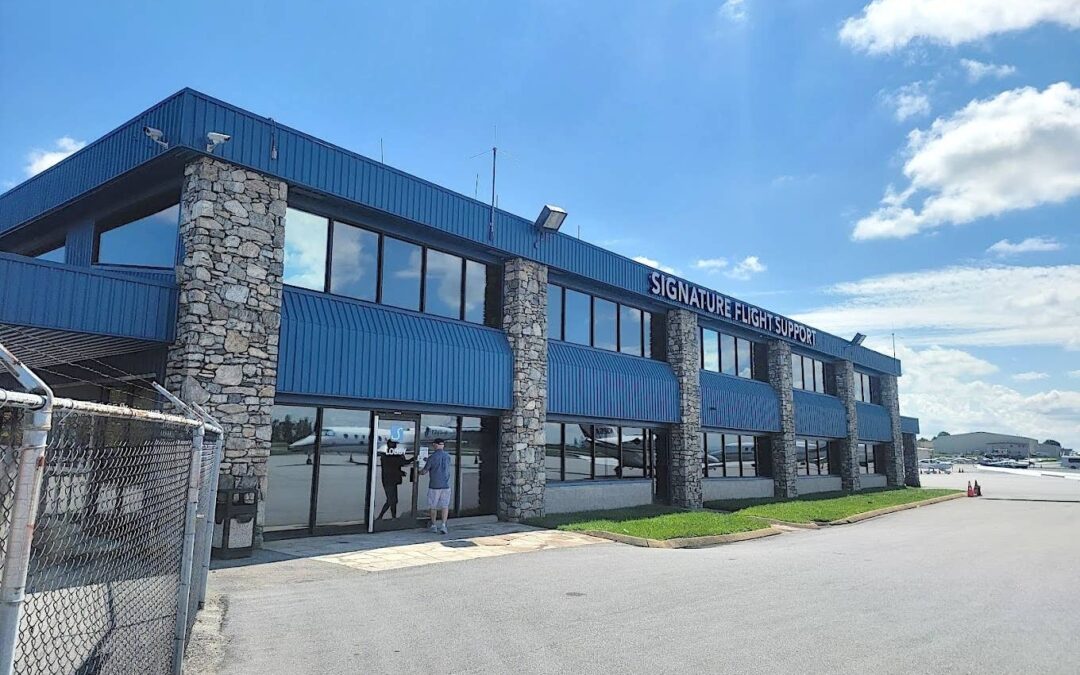Atlantic Aviation is betting big on advanced air mobility (AAM).
The FBO network and general aviation service provider on Tuesday announced the acquisition of Ferrovial Vertiports from Spanish infrastructure provider Ferrovial: a move that bolsters its plans to welcome electric vertical takeoff and landing (eVTOL) air taxis and other novel aircraft to its terminals.
Last year, Atlantic partnered with Archer Aviation, Joby Aviation, and Beta Technologies—three of the leading firms developing eVTOL air taxis—to install aircraft-agnostic electric chargers that could power Archer’s Midnight, Joby’s S4, Beta’s Alia, and any number of other electric models.
The FAA, meanwhile, put out an initial set of rules for what will become the first new aircraft category in decades: powered-lift, covering models that cruise on fixed wings like an airplane but takeoff and land vertically like a helicopter. It includes guidance for operating air taxis and training the pilots who will fly them, laying the groundwork for operations to begin as soon as they are certified.
For Atlantic, vertiports are one of the final pieces of the eVTOL puzzle. Having already secured electric infrastructure, the company needs places for the air taxis to take off and land that can also juice them up. That’s where Ferrovial Vertiports, which will now be called VertiPorts by Atlantic, comes in.
“We see tremendous long-term benefits and growth in building out infrastructure to support the advanced air mobility space,” said Jeff Foland, CEO of Atlantic, in a news release. “The combination of our operational expertise with the outstanding work the Ferrovial Vertiports team has done so far will serve as a tremendous boost to safe and efficient eVTOL operations as the network develops.”
So far, Ferrovial has committed to building a network of 25 vertiports across the U.K. that would host Lilium’s eVTOL jet and Vertical Aerospace’s VX4 air taxi. Separately, it partnered with Lilium to develop a vertiport network connecting cities across Florida and is working with Lilium’s operating partner, UrbanLink Air Mobility, to extend that network to California.
However, Ferrovial Airports CEO Luke Bugeja told AeroTime in November that the company would pause vertiport investments and turn its focus to the U.S. market after divesting its U.K. assets. Bugeja said he expects eVTOL models will roll out later than expected and initially use existing heliports rather than new infrastructure.
Atlantic on Tuesday said it would continue Ferrovial’s work to build vertiports in “multiple regions” across the U.S., without specifying where. But both companies have a significant presence in New York: Ferrovial at John F. Kennedy International Airport’s (KJFK) Terminal One and Atlantic at the East 34th Street Heliport (6N5) in Manhattan, which it is already equipping for air taxi flights.
The company could also key in on locations where its eVTOL partners are looking to electrify Atlantic terminals.
Joby will begin installing chargers at locations in New York and Los Angeles, while Archer is eyeing those markets in addition to San Francisco and Miami. Beta has already installed a system at New York’s Elmira Regional Airport (KELM) and selected a trio of sites to target next: Birmingham International Airport (KBHM) in Alabama, Jackson-Medgar Wiley Evers International Airport (KJAN) in Mississippi, and Westfield-Barnes Regional Airport (KBAF) in Massachusetts.
Atlantic also partnered with Lilium, which recently secured a lifeline after running out of cash, under an agreement that could see them electrify Atlantic’s entire network of more than 100 FBOs. That means just about any terminal could be on the table, but the firm said it will use “proprietary methodology” to select the best.
Atlantic did not immediately respond to FLYING’s request for comment.
Like this story? We think you’ll also like the Future of FLYING newsletter sent every Thursday afternoon. Sign up now.
The post FBO Atlantic Aviation Gets in on Vertiports appeared first on FLYING Magazine.

